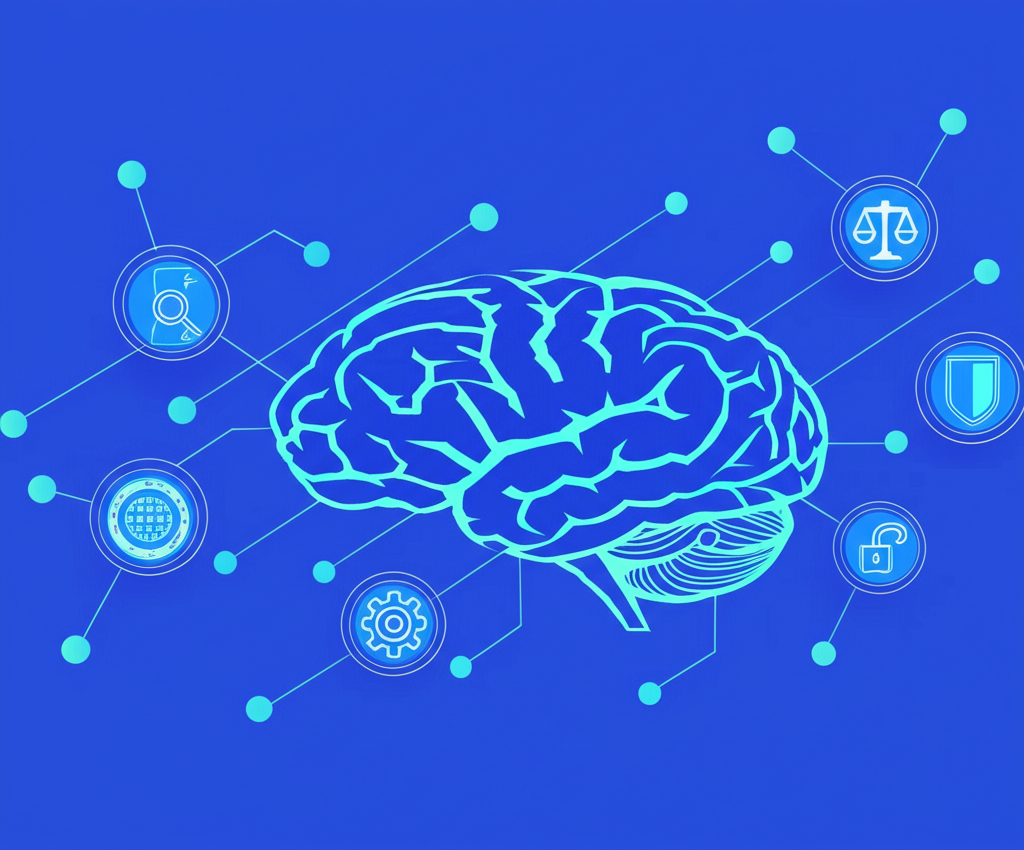Module 1: Foundations of AI Security

Understanding AI Security
As artificial intelligence systems become increasingly integrated into critical infrastructure, decision-making processes, and everyday applications, the security implications of these systems have grown exponentially in importance. AI security is a multifaceted discipline that addresses the unique vulnerabilities, threats, and safeguards required for machine learning systems.
What is AI Security?
AI security encompasses the practices, technologies, and frameworks designed to protect AI systems from attacks, prevent them from being manipulated to cause harm, and ensure they operate as intended. Unlike traditional cybersecurity, AI security must address novel attack vectors that target the unique characteristics of machine learning systems:
- Data-centric vulnerabilities: Attacks that target the training data or inference inputs
- Model vulnerabilities: Exploiting the mathematical properties of machine learning algorithms
- System integration vulnerabilities: Weaknesses in how AI systems interact with other components
The Growing Importance of AI Security
Several factors have elevated AI security to a critical concern for organizations developing or deploying AI systems:
- Increasing deployment in high-stakes domains: AI systems are now making or influencing decisions in healthcare, finance, transportation, and critical infrastructure.
- Sophistication of attacks: Adversarial techniques targeting AI have grown more advanced, with researchers demonstrating increasingly concerning attack vectors.
- Regulatory focus: Governments worldwide are developing regulations that mandate security and safety measures for AI systems.
- Public trust: Security breaches or manipulations of AI systems can severely damage public confidence in the technology.